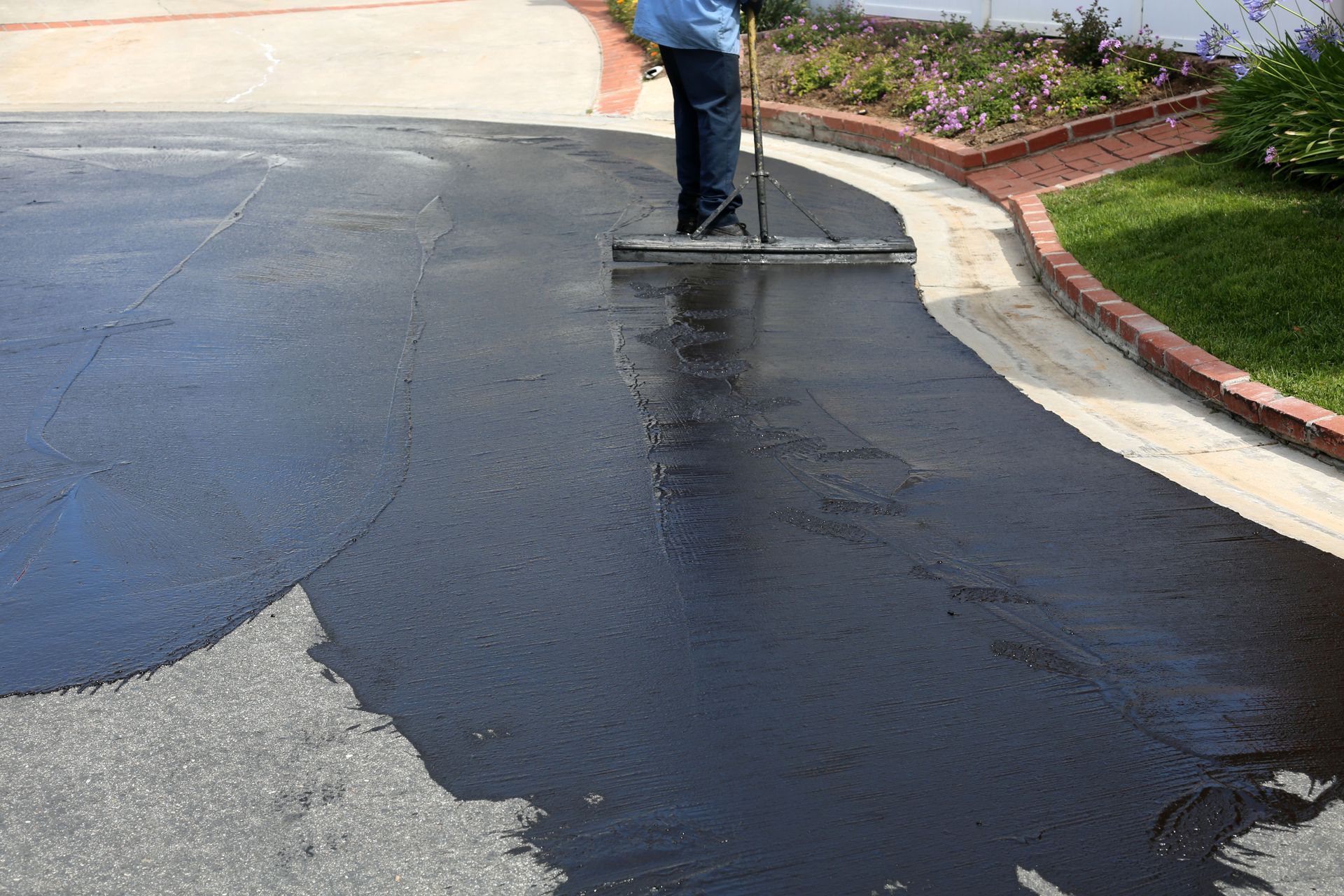Asphalt is a ubiquitous part of our daily travel, providing a smooth and durable surface for roads, driveways, and parking lots worldwide. Understanding the process behind its creation offers insight into why asphalt is preferred for various infrastructure projects. Asphalt paving contractors rely on this versatile material to deliver cost-effective, resilient surfaces that meet the growing demands of both residential and commercial construction.
Identifying the Core Ingredients of Asphalt
At its core, asphalt consists of a combination of aggregate materials bound together by asphalt binder. According to the National Asphalt Pavement Association, the mixture typically comprises about 95% aggregate—such as stone, sand, or gravel—and 5% asphalt binder. These ingredients are meticulously measured and mixed to achieve the ideal density and stability required for road-building purposes. Asphalt paving contractors carefully assess material quality to ensure the final product withstands heavy use and environmental stress.
Exploring the Mixing Process of Asphalt
The creation of asphalt begins with heating the aggregate to eliminate any moisture and achieve a specific temperature. Once heated, the materials are transferred to a mixing drum where they are combined with the asphalt binder. This binder, a byproduct of crude oil refinement, serves as the glue that holds the aggregate together, and both elements are mixed until a uniform consistency is achieved. The resulting mixture is commonly referred to as "hot mix asphalt" due to the temperature at which it is applied by asphalt paving contractors across the country.
Ensuring Quality Control and Application Standards
Quality control is a crucial step in asphalt production and involves various tests to ensure the mix meets specific standards. Different types of asphalt are produced to accommodate varying geographical and climatic conditions, each designed to deliver longevity and resilience. Once the mixture passes rigorous quality assessments, it is transported to construction sites where it is laid down and compacted to form a solid, enduring surface.
The production of asphalt is a well-orchestrated process combining precise measurements and expert engineering. By effectively utilizing natural and refined materials, asphalt remains a flexible and reliable solution for modern infrastructure needs. According to the National Asphalt Pavement Association, asphalt’s balance of durability and cost-effectiveness makes it the preferred choice for road construction projects globally. For expert guidance and superior results, trust Campbell Pavement Specialties Inc, your local partner in asphalt excellence.





Share On: